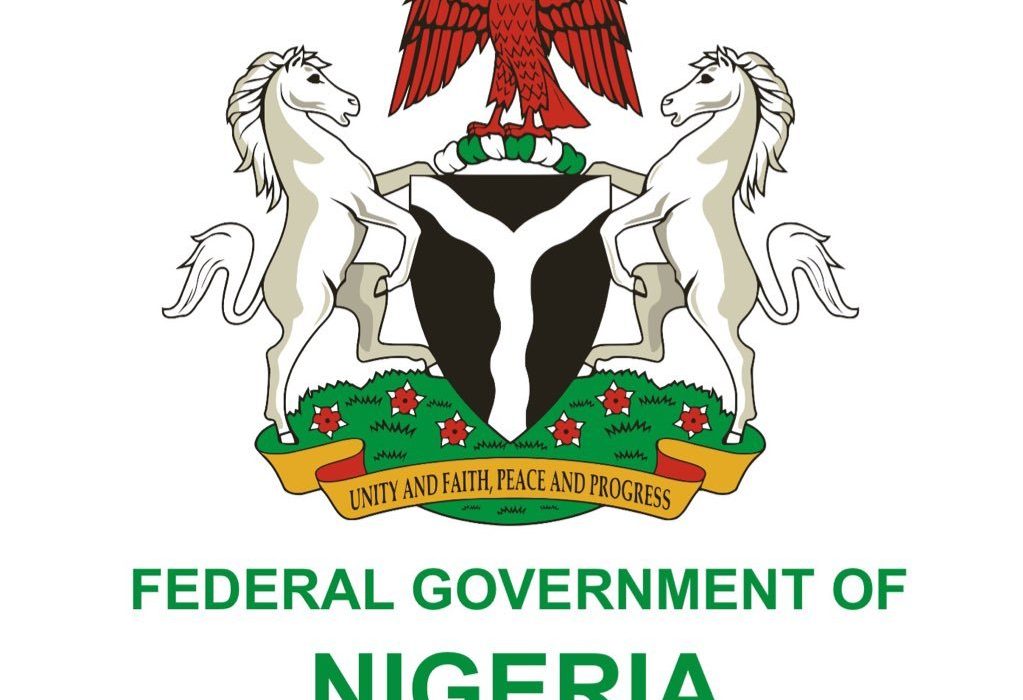Abuja, July 1, 2025 — The Federal Government today introduced its National Energy Master Plan, a comprehensive roadmap designed to steer Nigeria’s energy transition and elevate sector performance. Launched by the Energy Commission of Nigeria (ECN) in Abuja, the plan sets the stage for systematic energy development and underscores the federal call upon states to intensify investment in local energy initiatives.
ECN Director-General Uchenna Nnaji stated that the Master Plan—gazetted as the first official national energy policy—derives its strategic mandates from two significant bond issues worth $10.6 billion and $15 billion. A third tranche targeting $50 billion aims to catalyse a low-carbon, resilient growth trajectory, blending mitigation and adaptation efforts for Nigeria’s climate policy framework .
Highlighting energy access disparities, Nnaji noted that approximately 85 million Nigerians still lack electricity, stressing the urgent need for expanded infrastructure and equitable distribution . To address this, the Plan includes fiscal reforms—such as waivers on import duty and VAT for renewable equipment—that aim to make clean energy affordable and accessible, particularly in underserved rural and urban communities .
The federal government has challenged sub-national governments to play an active role. It has urged state administrations to use the Master Plan as a guide to initiate local energy projects—ranging from distributed renewable systems to mini-grids—aligned with national energy goals. The strategy is designed to empower states under Nigeria’s newly decentralized electricity framework, allowing them to generate, transmit, and distribute power within their jurisdictions .
Key components of the National Energy Master Plan include:
Leveraging energy-sector bonds to fund large-scale electrification and climate resilience projects
Promoting renewable energy through fiscal incentives like duty waivers on solar and wind components
Encouraging state-led energy initiatives to complement national grid expansions
Generating reliable data to identify and prioritise areas without electricity access
Officials believe the plan will help attract significant private and public investment, bolster clean energy growth, and pave the way for Nigeria to meet international targets such as the UN Sustainable Development Goal 7 (universal energy access), while also aligning with its debt-financing strategy for low-carbon development.
Analysts say the effectiveness of the policy will hinge on timely implementation, regulatory clarity, and strong coordination between federal and state stakeholders. As Nigeria navigates its energy transition, the Master Plan marks a critical point in efforts to bridge the nearly 85 million-person electricity access gap and deliver sustainable energy for all.
